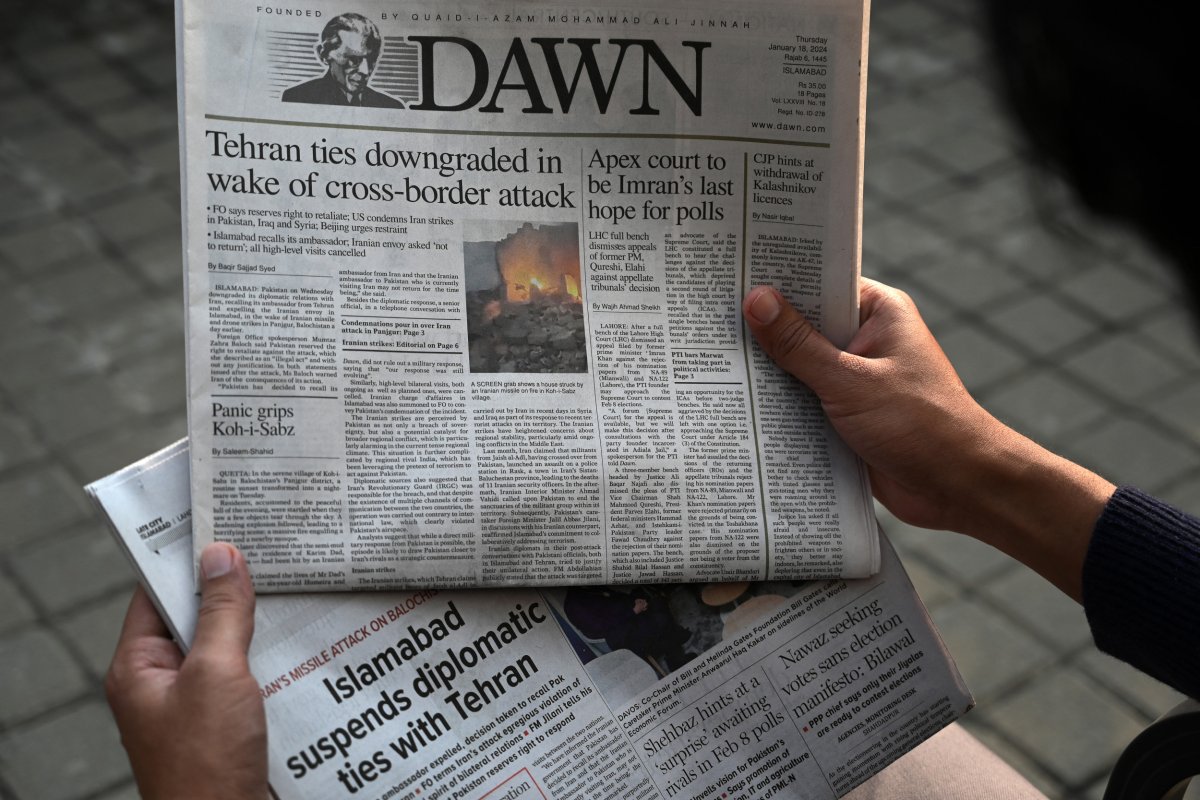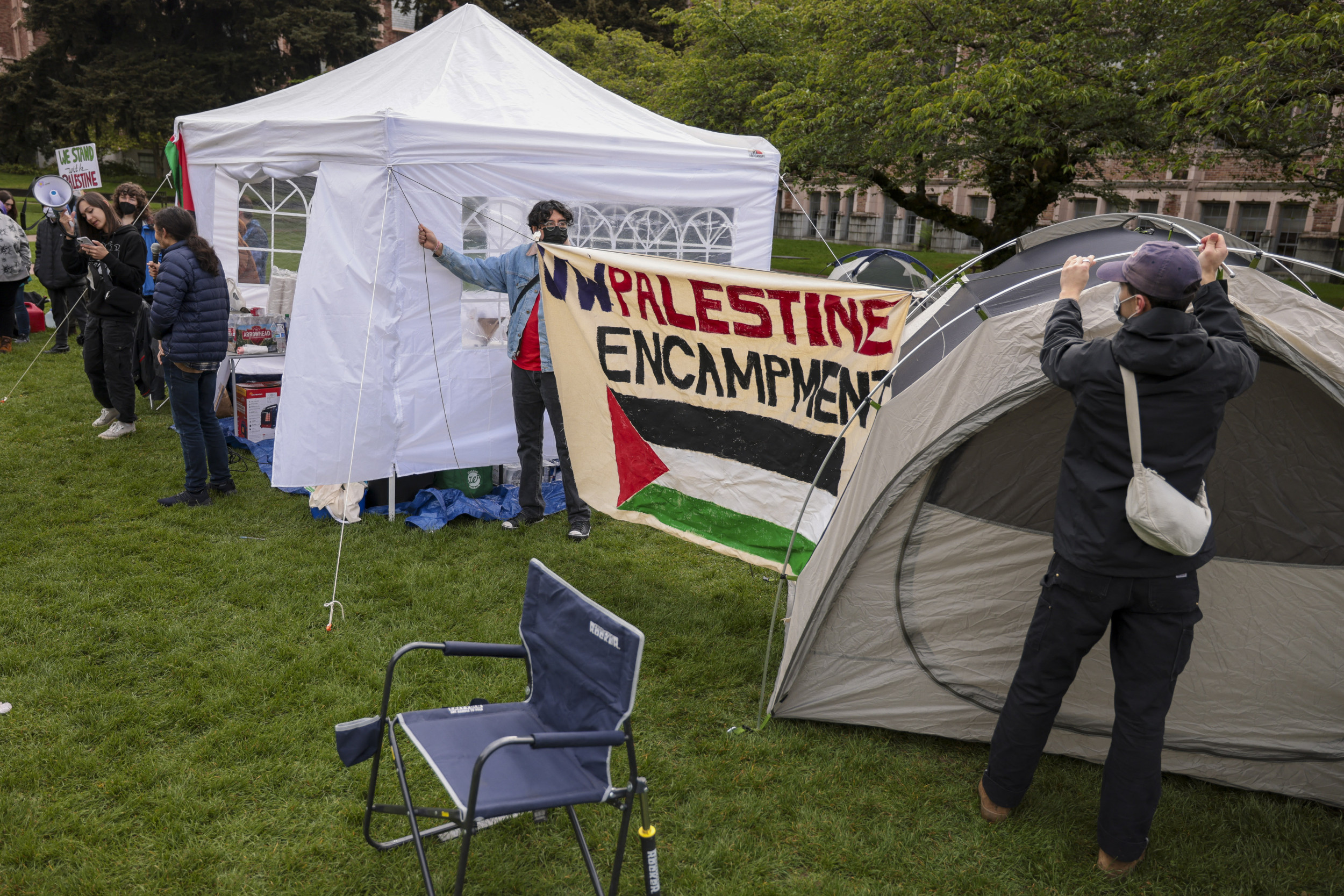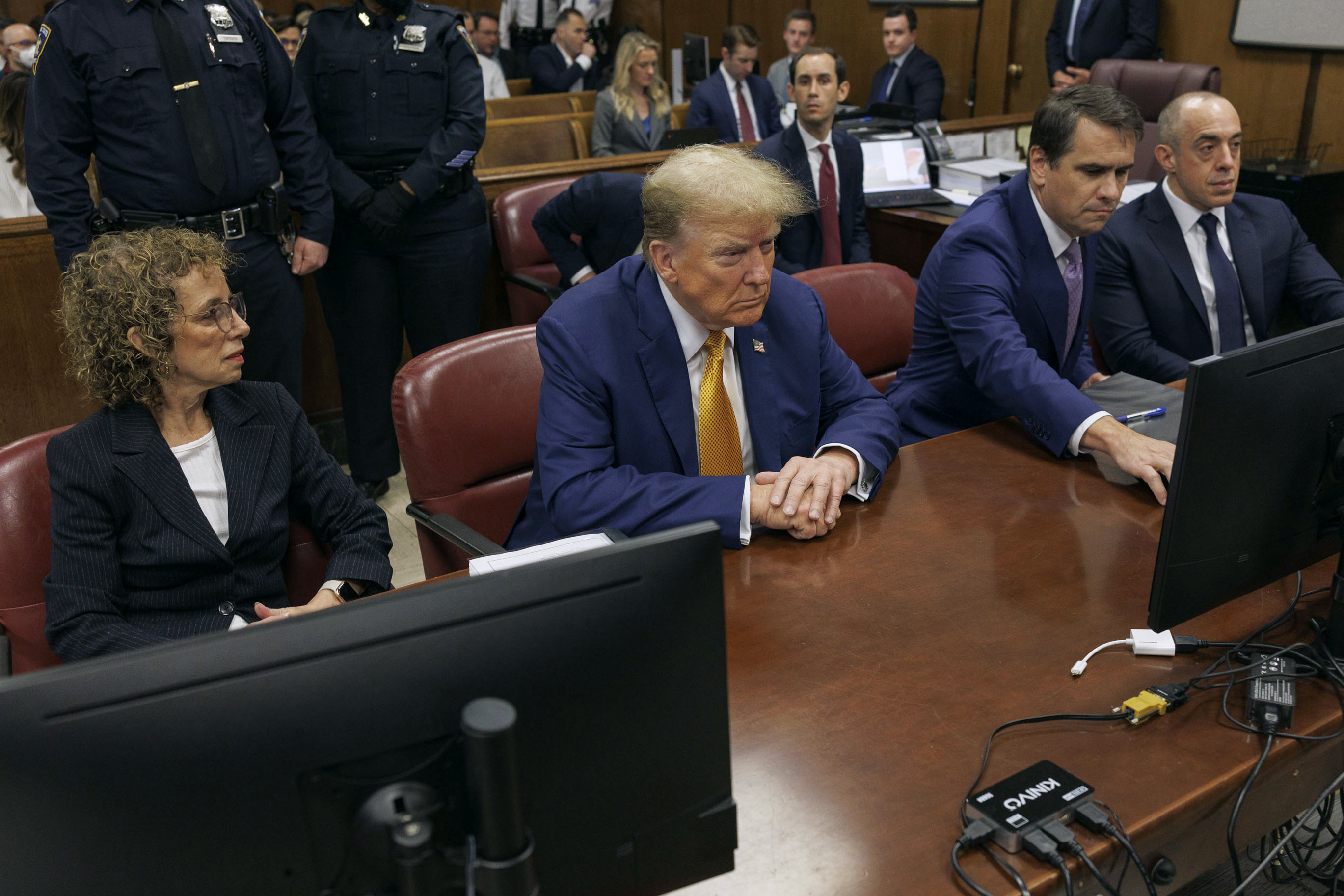The crisis brewing between Tehran and Islamabad, two partners of regional powerhouse China, has perhaps offered a new opportunity for Beijing to flex its diplomatic muscles.
On Monday and Tuesday, Tehran carried out missile strikes inside Iraq, Syria, and Pakistan. On Thursday, Islamabad said it had targeted what it said were rebel-held sites in Iranian territory.
China has positive relations with both countries and finds itself in a position to influence what comes next for Pakistan, a country with nuclear weapons, and Iran, which aims to become one, as they navigate this unprecedented clash.
Sushant Sareen, Senior Fellow at the Observer Research Foundation, a think tank in New Delhi, told Newsweek that China will try to play a more significant role in the current diplomatic crisis between Iran and Pakistan.
"China will be watching the Pakistan-Iran spat with some concern but also an opportunity. It has invested a lot in the Middle East and Pakistan, and the last thing it would want to see is a shooting match between a close ally, one which is a client state (Pakistan) and the other which is a close strategic partner (Iran)" Sareen told Newsweek.

"They will use their equities to grab a bigger role in the region and play the big guy who settles problems, something the U.S. used to do earlier," Sareen added.
China successfully brokered a landmark deal in March 2023 to reestablish diplomatic relations between rivals Iran and Saudi Arabia, and it has even greater interest in avoiding further conflict near its own borders.
With concerns over Uighur separatism in the Xinjiang region reignited by the Taliban's takeover of Afghanistan, Chinese officials have ramped up efforts to instill in the region—especially among members of the Shanghai Cooperation Organization, which includes both Iran and Pakistan—the immediate need to confront "the three evils" of terrorism, separatism and extremism.
The recent crisis brought to attention a border area between Pakistan's Baluchistan province in the southwest and Iran's Sistan and Baluchestan province in the country's southeast. The region has a turbulent history where militant groups move back and forth between Iran and Pakistan.
The two countries have accused each other of providing a haven for militant groups with comparable separatist goals that have carried out attacks inside each other's respective territories.
Amit Ranjan, a research fellow at the National University of Singapore, told Newsweek that Beijing also has an economic interest in maintaining stability in this region.
"Besides close ties with Pakistan and Iran, China has a huge investment in the Gwadar port in Balochistan." Ranjan told Newsweek in an interview.
Gwadar Port in Pakistan is one of the central projects of Xi Jinping's Belt and Road Initiative project.
The group targeted by Tehran was Jaish ul-Adl (or "The Army of Justice"), a Sunni militant group that operates in southeastern Iran and has a history of targeting Tehran's security forces while operating inside Pakistan. The U.S. State Department has designated Jaish ul-Adl as a "foreign terrorist organization."
In response to Tehran's attack, Pakistan recalled its ambassador to Iran and expelled the latter's envoy to Islamabad. Mumtaz Zahra Baloch, the spokesperson for Pakistan's Foreign Ministry, called Tehran's attack an "unprovoked and blatant breach of Pakistan's sovereignty" in a statement on Wednesday.
Pakistan said it had carried out a retaliatory strike against Iran on Thursday as the tensions remained at the highest level. "This morning's action was taken in light of credible intelligence of impending large-scale terrorist activities," Pakistan's Foreign Ministry said in a statement.
Pakistan targeted the Baluchistan Liberation Army, a separatist group operating from both Iran and Pakistan.
Islamabad appeared to retaliate proportionally, indicating a willingness to ensure the regional security situation didn't escalate further.
Uncommon Knowledge
Newsweek is committed to challenging conventional wisdom and finding connections in the search for common ground.
Newsweek is committed to challenging conventional wisdom and finding connections in the search for common ground.
About the writer
Aadil Brar is a reporter for Newsweek based in Taipei, Taiwan. He covers international security, U.S.-China relations, and East Asian ... Read more
To read how Newsweek uses AI as a newsroom tool, Click here.






